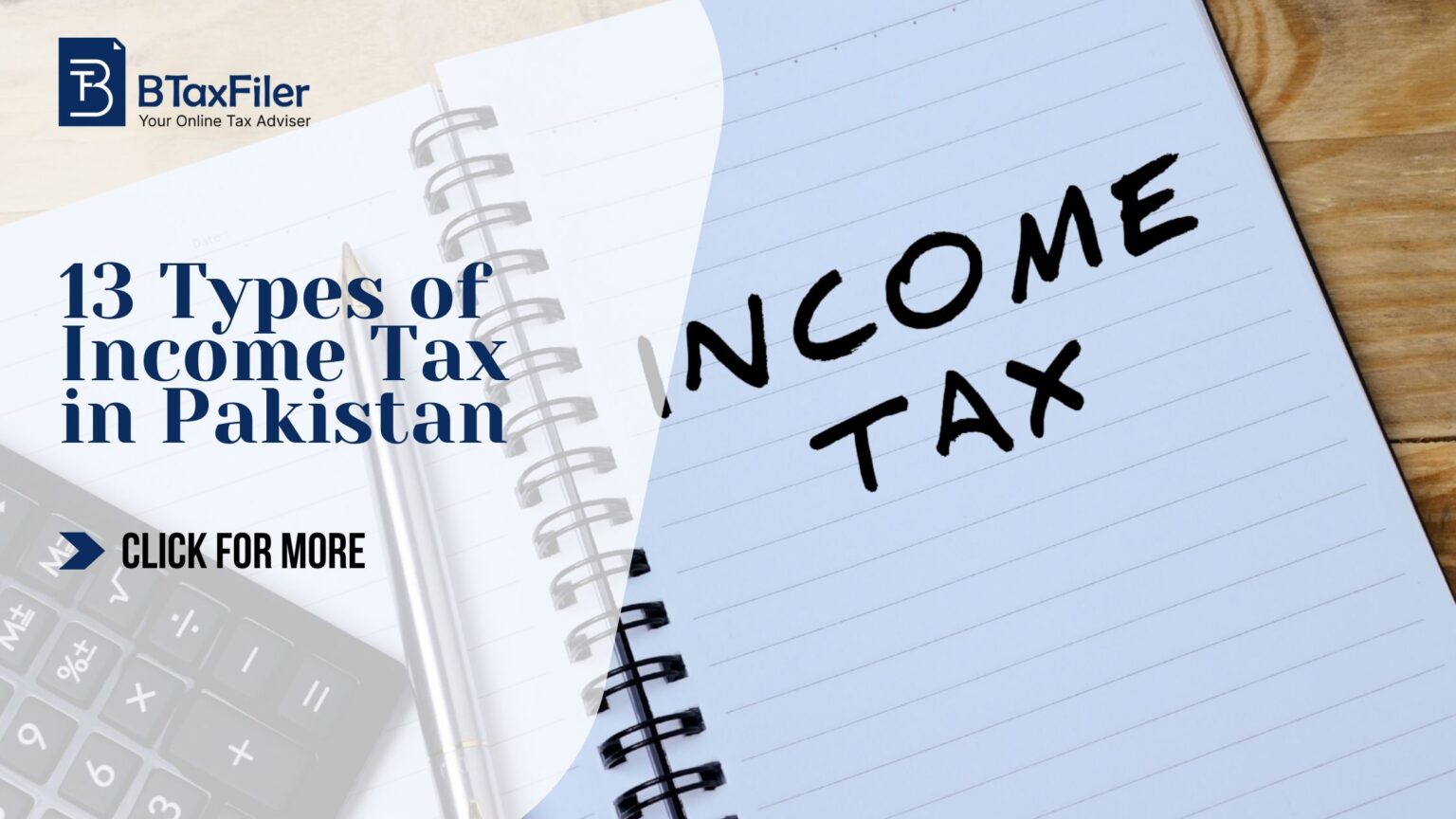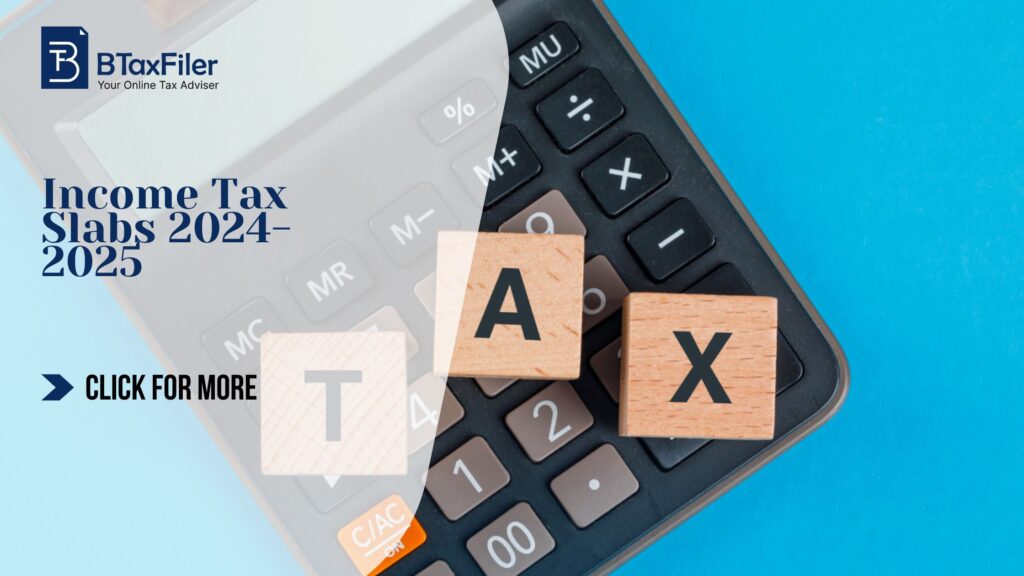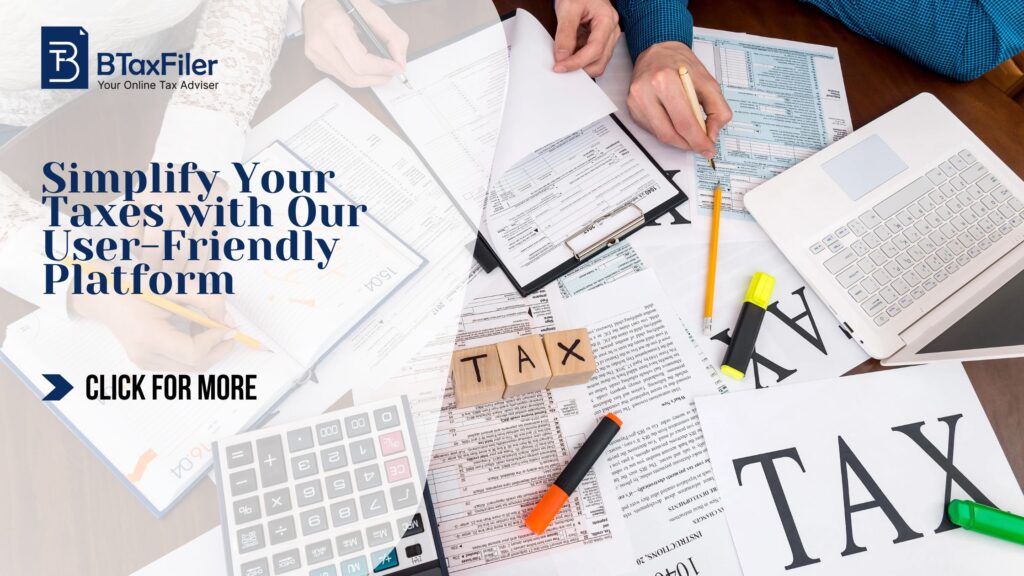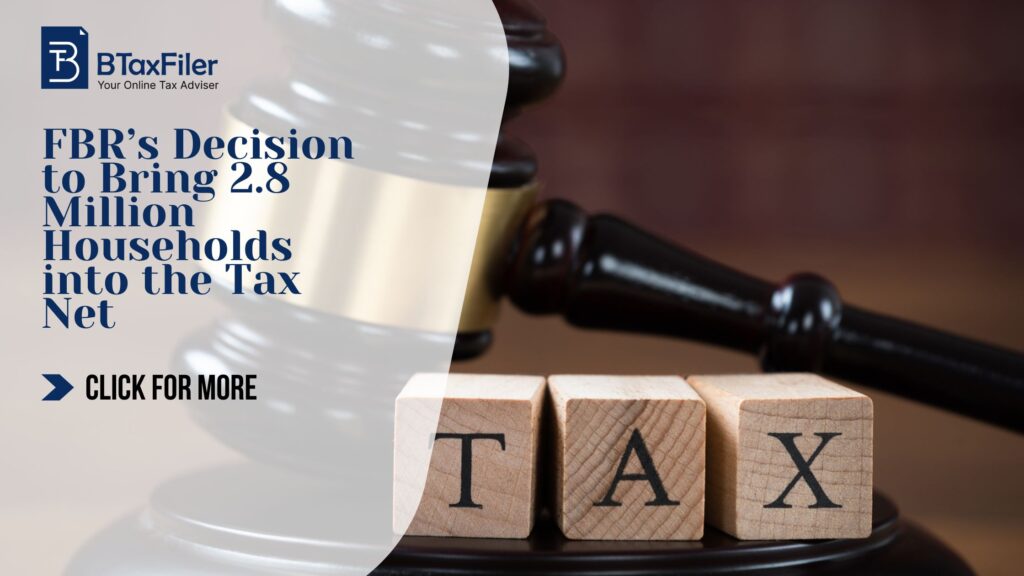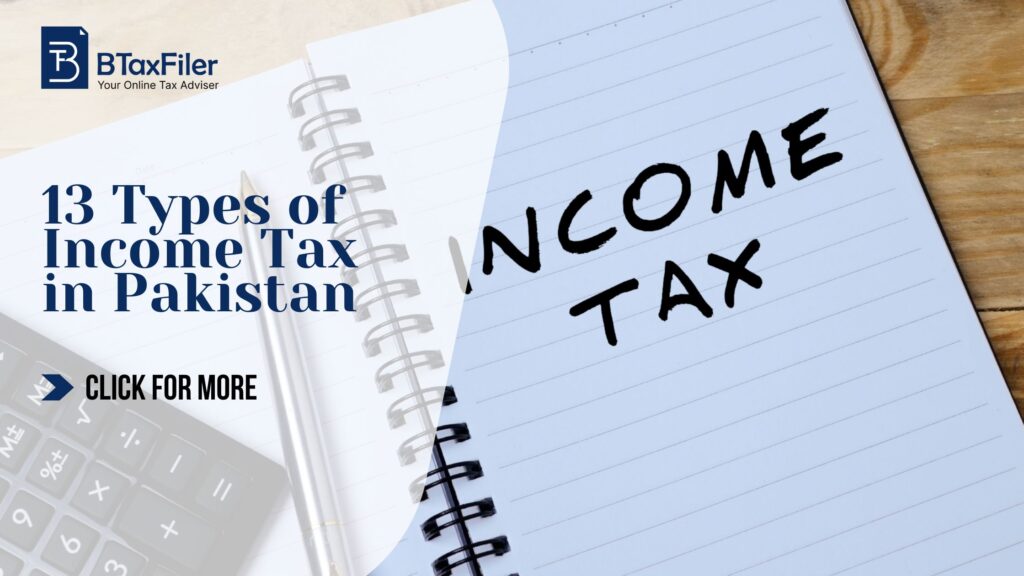Income tax is a critical component of the fiscal system in Pakistan, serving as one of the primary revenue streams for the government. This article explores the types of Income Tax in Pakistan, shedding light on the various categories under which individuals and corporations are taxed. Understanding these distinctions is essential for anyone engaged in business or earning income within the country.
Corporate Income Tax
Corporate income tax is imposed on the income of companies and corporations operating in Pakistan. This tax applies to both domestic and foreign companies doing business in the country. There are different tax rates depending on the company’s structure and industry. For example:
- Public companies are generally taxed at a standard rate of 29%.
- Small and medium enterprises (SMEs) may benefit from lower rates, sometimes as low as 20%.
- Banks and insurance companies are taxed at a higher rate, typically around 35%.
Corporate taxation is a significant source of revenue for the government, and the tax burden can vary based on industry-specific incentives or exemptions.
Personal Income Tax
Personal income tax is levied on the earnings of individuals. The income tax brackets in Pakistan are progressive, meaning that individuals with higher incomes are taxed at higher rates. For the tax year 2023, the income tax slabs for salaried individuals are as follows:
- 0% tax on income up to PKR 600,000.
- 5% tax on income between PKR 600,001 and PKR 1,200,000.
- 12.5% tax on income between PKR 1,200,001 and PKR 2,400,000.
- 17.5% tax on income between PKR 2,400,001 and PKR 3,600,000.
- 22.5% tax on income between PKR 3,600,001 and PKR 6,000,000.
- 32.5% tax on income between PKR 6,000,001 and PKR 12,000,000.
- 35% tax on income exceeding PKR 12,000,000.
For non-salaried individuals such as business owners and freelancers, the tax rates are slightly different but follow a similar progressive structure. Pakistan’s personal income tax structure ensures that those with higher earnings contribute more to the national budget.
Withholding Tax
Withholding tax is a system where certain taxes are deducted at the source, meaning they are collected directly from payments made to individuals or businesses. This tax is applied to a wide range of transactions, including:
- Salary payments
- Dividends
- Payments for services
- Interest on savings accounts
- Contractual payments
Employers and financial institutions are typically responsible for withholding this tax and transferring it to the government. Withholding tax rates can range from 5% to 30% depending on the type of transaction. This system helps in ensuring compliance and reducing tax evasion by collecting taxes upfront.
Property Tax
Property tax in Pakistan is imposed on the ownership or transfer of property, and is classified into several sub-categories:
- Capital Gains Tax (CGT): This tax is applicable on profits made from the sale of property. The rate of CGT depends on how long the property has been held:
- 12.5% for properties held for less than a year.
- 7.5% for properties held between one and two years.
- 5% for properties held between two and three years.
- No CGT is applied to properties held for more than three years.
- Wealth Tax: Although largely abolished in most cases, certain high-value property owners are still subject to wealth tax.
- Stamp Duty: When transferring ownership of a property, stamp duty is levied, typically amounting to around 3% of the property’s declared value.
These taxes are critical in managing real estate transactions and ensuring that the property market remains transparent and accountable.
Sales Tax on Services
Pakistan also levies a sales tax on services, which varies depending on the province. Each province has its own rates and procedures for the collection of this tax. For example:
- Punjab Sales Tax on Services is charged at 16%.
- Sindh Sales Tax on Services is imposed at 13%.
- Khyber Pakhtunkhwa and Balochistan have similar sales tax rates, generally hovering around 15%.
The sales tax on services applies to sectors such as hospitality, transportation, professional services, and telecommunications. This tax is a key contributor to provincial revenue.
Capital Value Tax (CVT)
Capital Value Tax is a tax imposed on the capital value of assets such as property, shares, and other capital holdings. The CVT rate varies depending on the type of asset. For example:
- 1% tax on the purchase of immovable property.
- A similar tax is applied to the transfer of shares in companies listed on the stock exchange.
CVT aims to regulate the wealth accumulation through property and share transactions, ensuring that capital owners contribute their fair share to the economy.
Super Tax
The super tax was introduced as an additional levy on high-income individuals and corporations. It was initially a temporary measure but has since been extended. The super tax is levied at the following rates:
- 4% on individuals and businesses earning over PKR 300 million.
- Higher rates may apply for specific sectors such as banking and insurance.
This tax is primarily used to generate additional revenue for projects like infrastructure development and social welfare programs.
Agricultural Income Tax
In Pakistan, agricultural income is generally exempt from federal income tax, but it is subject to provincial taxation. The tax is applied based on the size of landholding and agricultural income. Provincial governments determine the rates and collection processes, which typically follow these structures:
- Tax rates based on the acreage of the land.
- Taxes on the produce value if the income exceeds a certain threshold.
Agricultural income tax ensures that large landowners contribute to provincial revenues, despite the federal exemptions.
Federal Excise Duty (FED)
Federal Excise Duty is imposed on specific goods and services at various rates. Goods like cigarettes, cement, and petroleum products often attract FED, which can range from 10% to 20%. The tax is designed to regulate consumption and generate revenue from industries that are seen as high-profit or harmful to society, such as tobacco.
Import Duty
Import duty is a tax imposed on goods that are brought into Pakistan from abroad. It serves two primary purposes: generating revenue for the government and protecting local industries from foreign competition. The rates for import duties vary significantly based on the type of product being imported. Some key examples include:
- Basic consumer goods like food and clothing may have lower import duties, typically around 5% to 15%.
- Luxury items such as electronics, vehicles, and branded clothing often face higher import duties, sometimes exceeding 50%.
- Raw materials used in manufacturing are typically taxed at a lower rate to encourage industrial growth, with rates ranging from 0% to 20% depending on the specific material.
Import duties are critical for maintaining the country’s balance of payments and supporting local manufacturers by making imported goods more expensive, thus promoting domestic alternatives.
Professional Tax
In Pakistan, certain professionals and business entities are subject to professional tax, which is imposed by provincial governments. This tax applies to professionals like doctors, lawyers, accountants, and engineers who run their own practices or offer consultancy services. The rates for professional tax vary by province but generally follow these patterns:
- In Punjab, professional tax is levied at a fixed rate, typically between PKR 1,000 to PKR 100,000 annually, depending on the income level and nature of the profession.
- In Sindh, the tax is similarly structured but can reach higher amounts for certain professions, such as architects and chartered accountants.
Professional tax is essential for maintaining provincial revenues and is collected annually from individuals and firms that qualify under this category.
Dividend Tax
Individuals or businesses earning income from dividends—profits distributed by companies to their shareholders—are subject to dividend tax. In Pakistan, the rate of dividend tax is:
- 15% for non-filers.
- 7.5% for those who are registered tax filers.
This tax is withheld at the source, meaning it is deducted directly by the company distributing the dividends before they are paid to the shareholders. Dividend tax is a key component of the country’s financial markets, ensuring that income from stock investments is taxed fairly.
Wealth Reconciliation Tax
The Wealth Reconciliation Tax is a recent addition to Pakistan’s tax system, designed to target individuals and corporations whose declared wealth and income do not match up. Tax authorities may impose this tax when there are discrepancies between income tax filings and asset declarations. This tax aims to close the gap on tax evasion and underreporting of wealth by wealthy individuals and entities.
The Wealth Reconciliation Tax applies primarily to high-net-worth individuals and large corporations, ensuring that all income and assets are properly accounted for in tax filings.
Conclusion
In conclusion, Pakistan’s tax system is comprehensive, with numerous types of taxes designed to ensure fairness and fiscal responsibility. Whether it’s corporate tax, personal income tax, or sector-specific levies like sales tax on services and import duty, each type plays a crucial role in funding public services and infrastructure projects. Staying compliant with Pakistan’s tax regulations is essential for individuals and businesses alike, and understanding the various types of income tax in Pakistan can help ensure that taxpayers meet their obligations efficiently.
When it comes to navigating these complexities, BTAXFILER stands out as the best in the field. With a team of seasoned professionals and a deep understanding of Pakistan’s tax laws, BTAXFILER provides personalized solutions to ensure that individuals and businesses stay compliant while optimizing their tax strategies.

